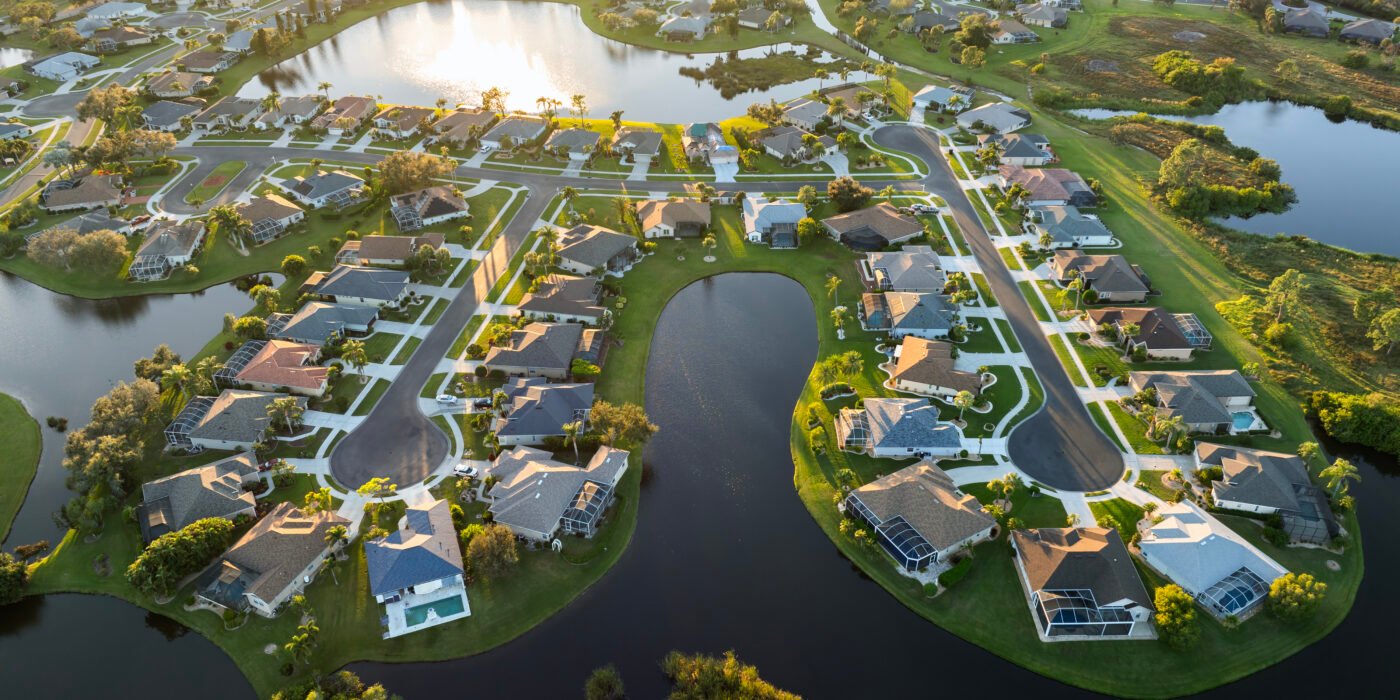Frequently Asked Questions
How do you start a blog?
Starting a blog involves selecting a niche, choosing a blogging platform, and setting up your site. Once your blog is established, create engaging content to attract and retain readers.
How can I start my blog?
Starting a blog involves choosing a niche, selecting a blogging platform, and creating engaging content. Begin by outlining your goals and target audience, then set up your blog and start writing posts that reflect your interests and expertise.
What is a blog?
A blog is an online platform where individuals or organizations share articles, insights, and updates on various topics, often encouraging reader interaction through comments and discussions.
How do I start to blog?
Starting a blog involves selecting a niche, choosing a blogging platform, and creating engaging content. Begin by defining your audience and goals, then consistently publish posts that provide value and insights to attract readers.
How to start a blog?
Starting a blog involves choosing a niche, selecting a blogging platform, and setting up your site. Once established, focus on creating valuable content and promoting it to engage your audience effectively.
What are the best blogging platforms?
The best blogging platforms include WordPress, Blogger, and Wix, each offering unique features for customization, ease of use, and scalability, making them suitable for various blogging needs and preferences.
How to choose a blog niche?
Choosing a blog niche involves identifying a specific topic that aligns with your interests, expertise, and audience demand. Focus on areas you are passionate about and research market trends to ensure your niche has potential for engagement and growth.
What content should I include in my blog?
The content you should include in your blog should focus on real estate tips, market analysis, neighborhood insights, and guidance for homebuyers and investors in Florida. This will help your audience make informed decisions.
How often should I post on my blog?
The frequency of posting on your blog should be consistent and tailored to your audience. Aim for at least once a week to keep readers engaged and informed about the real estate market in Florida.
What are effective blog promotion strategies?
Effective blog promotion strategies include leveraging social media platforms, engaging in SEO practices, collaborating with influencers, and utilizing email marketing to reach a wider audience and drive traffic to your blog.
How to engage readers on my blog?
Engaging readers on your blog involves creating valuable content that resonates with their interests, using compelling visuals, encouraging comments, and promoting social sharing to foster a community around your posts.
What are common blogging mistakes to avoid?
Common blogging mistakes to avoid include neglecting SEO practices, failing to engage with your audience, not promoting your content, and lacking a consistent posting schedule. These oversights can hinder your blog's visibility and growth.
How to monetize my blog effectively?
Monetizing your blog effectively involves leveraging strategies like affiliate marketing, sponsored content, selling digital products, and offering online courses. Focus on creating valuable content that attracts a targeted audience to maximize your revenue potential.
What tools are essential for blogging?
The essential tools for blogging include a reliable content management system like WordPress, quality writing software for drafting, SEO tools for optimization, and analytics platforms to track performance. Additionally, social media management tools can help promote your blog effectively.
How to optimize my blog for SEO?
Optimizing your blog for SEO involves using relevant keywords, creating high-quality content, optimizing meta tags, and ensuring mobile-friendliness. Additionally, focus on building backlinks and improving page load speed to enhance visibility in search engine results.
What is the ideal blog post length?
The ideal blog post length is typically between 1,000 to 2,000 words. This range allows for comprehensive coverage of topics while keeping readers engaged and improving SEO performance.
How to create a blog content calendar?
Creating a blog content calendar involves outlining your topics, scheduling publication dates, and organizing content themes in advance. This helps ensure consistent posting and allows for strategic planning around seasonal trends and audience interests.
What are the benefits of guest blogging?
The benefits of guest blogging include increased exposure to new audiences, enhanced credibility through association with reputable sites, improved SEO through backlinks, and the opportunity to establish authority in your niche.
How to build an email list for my blog?
Building an email list for your blog involves offering valuable content, such as newsletters or exclusive resources, in exchange for visitors' email addresses. Utilize sign-up forms prominently on your site to encourage subscriptions.
What are the best practices for blog design?
The best practices for blog design include ensuring a clean layout, using responsive design for mobile compatibility, incorporating easy navigation, and utilizing engaging visuals to enhance readability and user experience.
How to analyze blog performance metrics?
Analyzing blog performance metrics involves evaluating key indicators such as page views, bounce rates, and engagement levels. Use tools like Google Analytics to track these metrics and gain insights into audience behavior and content effectiveness.
What legal considerations should bloggers know?
Bloggers should be aware of several legal considerations, including copyright laws, disclosure requirements for sponsored content, and privacy regulations. Understanding these aspects helps ensure compliance and protects both the blogger and their audience.
How to use social media for blogging?
Using social media for blogging involves sharing your blog posts across platforms, engaging with your audience through comments, and utilizing visuals to attract attention. This helps increase visibility, drive traffic to your blog, and foster community interaction.
What are the trends in blogging today?
The trends in blogging today include a focus on niche content, increased use of multimedia such as videos and podcasts, and a growing emphasis on authenticity and personal storytelling to engage audiences effectively.
How to write compelling blog headlines?
Writing compelling blog headlines involves using clear, engaging language that highlights the value of your content. Incorporate keywords, evoke curiosity, and keep it concise to attract readers and encourage clicks.
What is the role of visuals in blogging?
The role of visuals in blogging is to enhance engagement and understanding. They capture attention, break up text, and illustrate concepts, making content more appealing and easier to digest for readers.
How to collaborate with other bloggers?
Collaborating with other bloggers involves reaching out to share ideas, guest post on each other’s sites, or create joint content. Establish mutual benefits by aligning your niches and audience interests for effective partnerships.
What are the advantages of blogging for business?
The advantages of blogging for business include enhancing brand visibility, establishing authority in the industry, engaging with customers, and driving traffic to your website. It serves as a valuable tool for sharing insights and building relationships with potential clients.
How to handle negative comments on my blog?
Handling negative comments on your blog involves addressing them constructively. Acknowledge the feedback, respond politely, and consider making improvements based on valid points, while maintaining a positive tone to foster a supportive community.
What are the key elements of a successful blog?
The key elements of a successful blog include high-quality content, a clear target audience, regular updates, effective SEO practices, engaging visuals, and a user-friendly design, all of which contribute to attracting and retaining readers.










